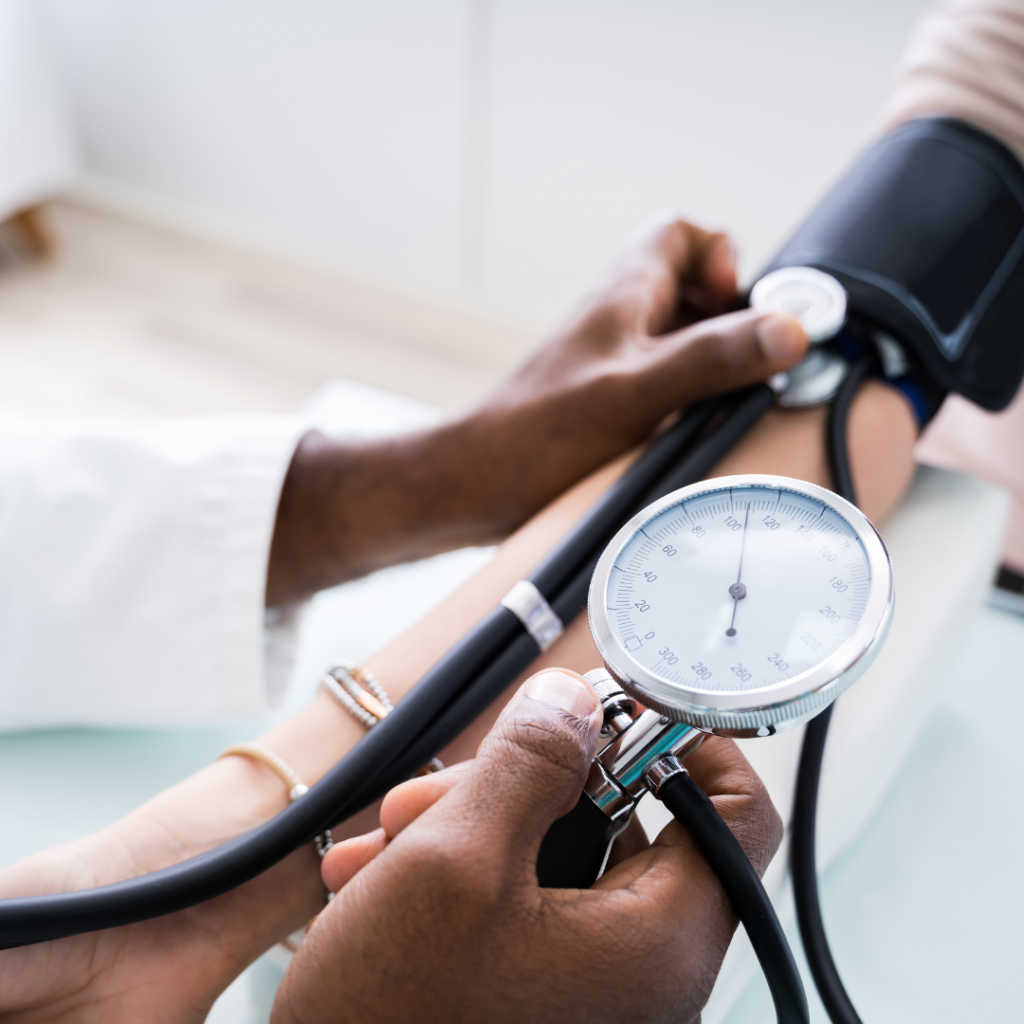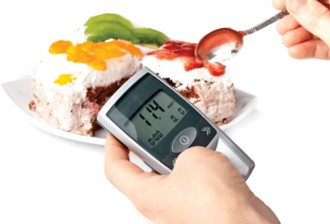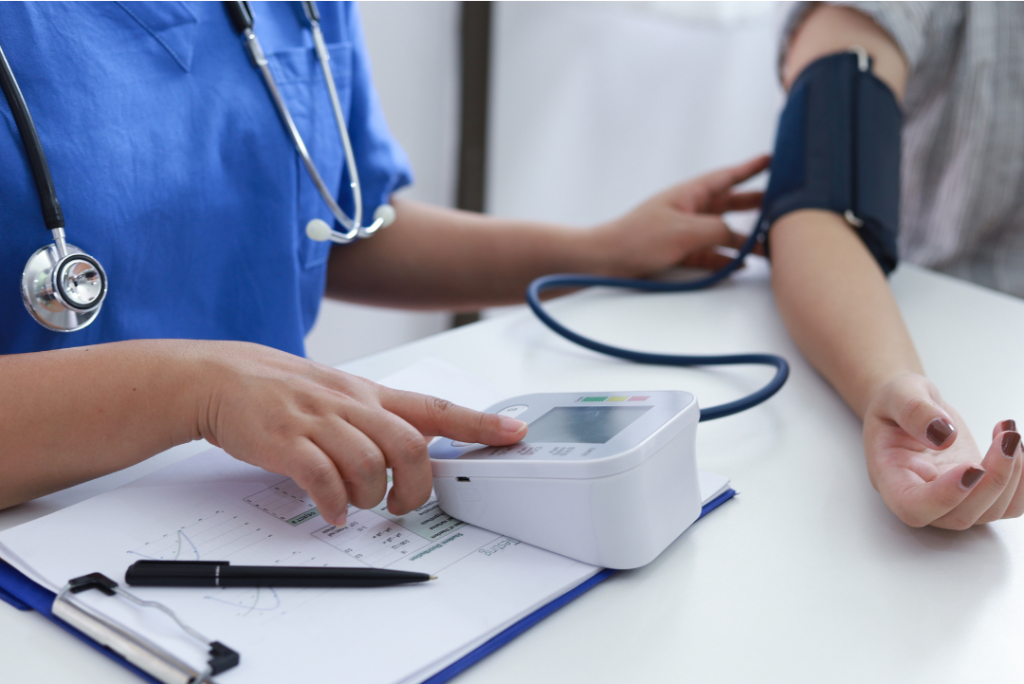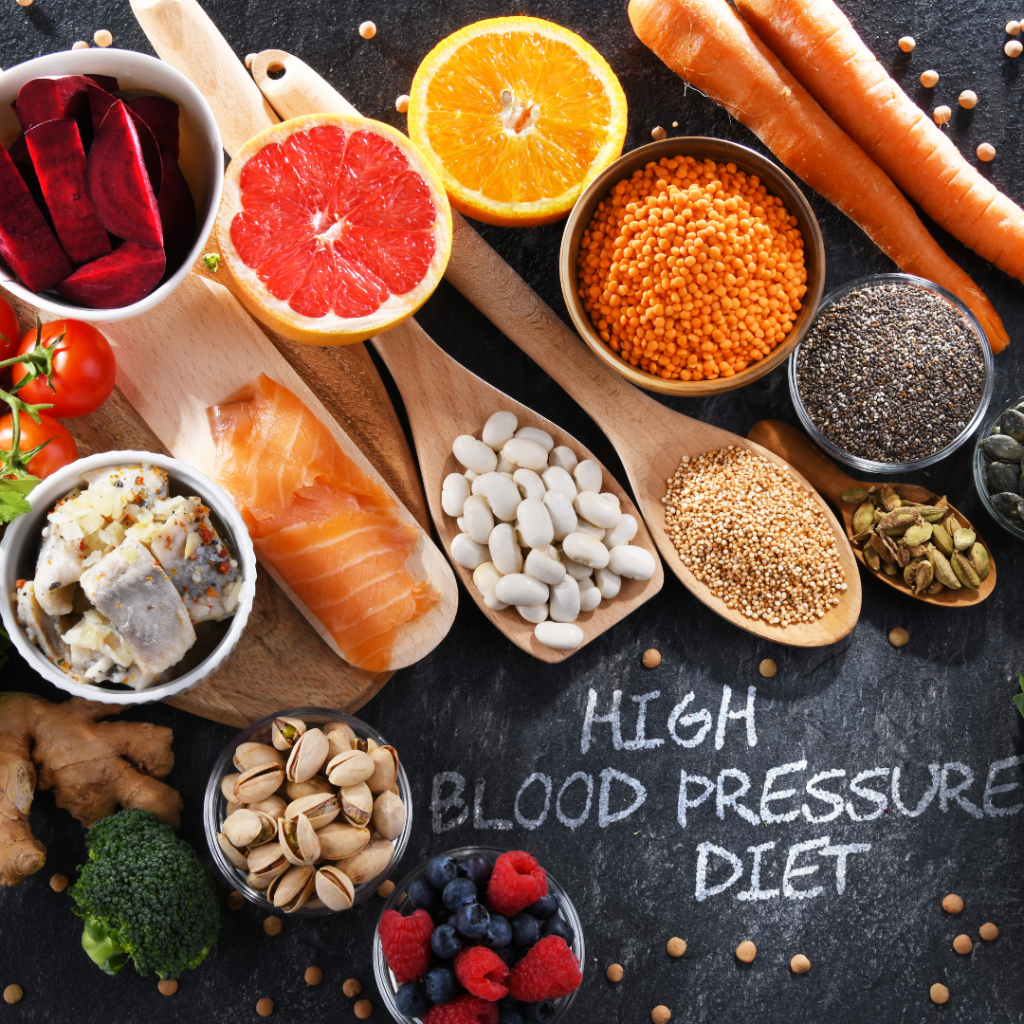Blood pressure is the force of blood pushing against the walls of your arteries as your heart pumps bloodthrough them. The narrower an artery, the greater the force needed to push the blood through it. Blood pressure is measured with a cuff your health careworker places around your arm. The pressure reading is given as two values e.g. 120/80. The higher value is referred to as the systolic pressure (when the heart beats), the lower value as the diastolic pressure (when the heart rests between beats)
High blood pressure (or hypertension) refers to blood pressure that is high enough to damage the blood vessels and organs in the body, eventually leading to health problems such as heart disease.
There are two types of high blood pressure:


Most people with high blood pressure do not have any symptoms until they start to develop complications. Some people may have headaches or dizziness. For this reason you should have your blood pressure checked regularly, at least once a year.
The higher your blood pressure and the longer it is uncontrolled, the greater the damage to your body. Long-term effects include:
High blood pressure leads to hardening and thickening of the arteries to the brain and heart. With time the blood vessels may become blocked or may burst, affecting the oxygen supply to the heart muscle or a part of the brain.
Pumping against increased pressure causes the heart muscle to thicken. With time, it becomes more and more difficult for the thickened muscle to pump adequately.
Thickening and narrowing of the blood vessels to the kidney eventually prevents it from functioning properly.
An aneurysm refers to a bulge through a weakness in the wall of an artery. If the aneurysm bursts, it can be fatal.
This is due to damage to the blood vessels going to the eye
The diagnosis should be based on two or three high readings taken on different days.


The following lifestyle changes are important:
A number of types of medication manage high blood pressure. Your doctor will choose the one that suits you best. If you have hypertension that is difficult to treat, your doctor may need to give you a combination of drugs to bring your blood pressure down to safe levels. It can take time to get the right combination, so be sure to check your blood pressure frequently and visit your doctor regularly.
Richmond, Johannesburg,
2092